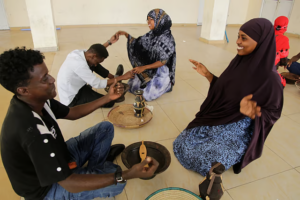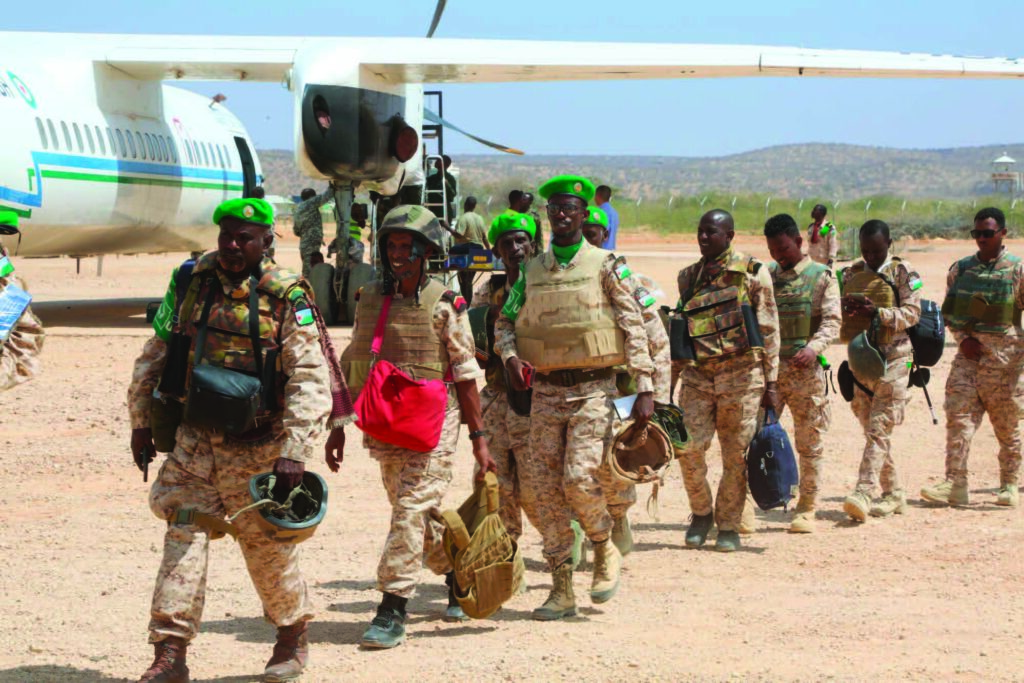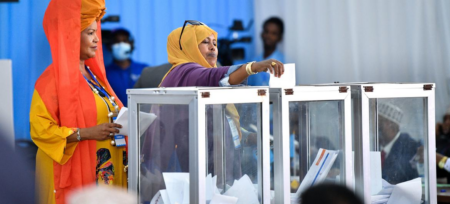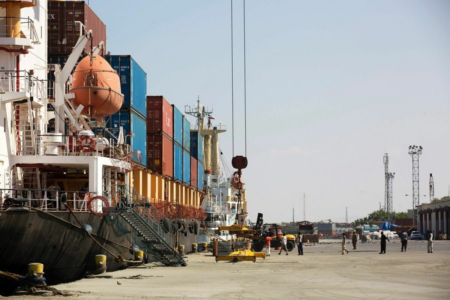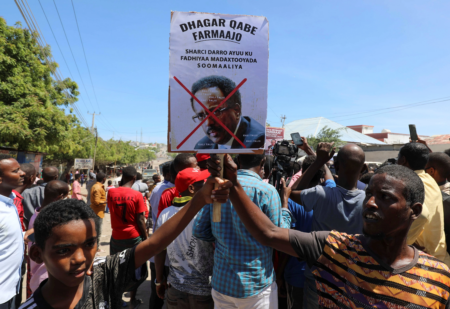The United States has declined a United Nations proposal to financially support the upcoming AU Mission in Somalia, citing concerns over oversight and long-term sustainability. This decision creates uncertainty around funding and the operational capacity of the new African Union-led mission. Regional leaders have expressed concern, warning that the mission’s success may be at risk without international backing.
U.S. Decision Casts Doubt on AU Mission in Somalia Funding
The U.S. rejection of the UN funding proposal has left a significant gap in support for the AU Mission in Somalia. According to UN sources, the mission was expected to receive nearly $300 million in annual funding. With the U.S. withdrawal, 40% of that budget remains unsecured. This shortfall raises questions about the mission’s effectiveness and timeline.
African Union Seeks Alternative Donors Amid Budget Gaps
Following the U.S. decision, the African Union has approached the EU, Gulf nations, and international partners to fill the funding void. A 2024 AU report revealed that over 60% of its peacekeeping missions rely on external donors. Analysts say the bloc now faces “donor fatigue,” making fundraising increasingly difficult. AU officials have warned of potential delays in deployment and logistics.
Security Analysts Warn of Potential Setbacks in Somalia
Experts from the International Crisis Group state that an underfunded mission could risk territorial gains made against al-Shabaab. Data from 2023 shows that AU-backed operations reduced militant control in southern Somalia by 25%. Without consistent funding, analysts fear a possible resurgence of insurgent activity. Civilian protection and stabilization efforts are also at risk.
Uncertainty Grows Over Future of AU Mission in Somalia
With international backing in question, the long-term viability of the AU Mission in Somalia is now uncertain. A recent Horn of Africa security index recorded a 12% decline in confidence among local communities regarding external protection. Somali government officials have urged for emergency diplomatic talks. Stakeholders warn that operational delays could undermine regional stability.

